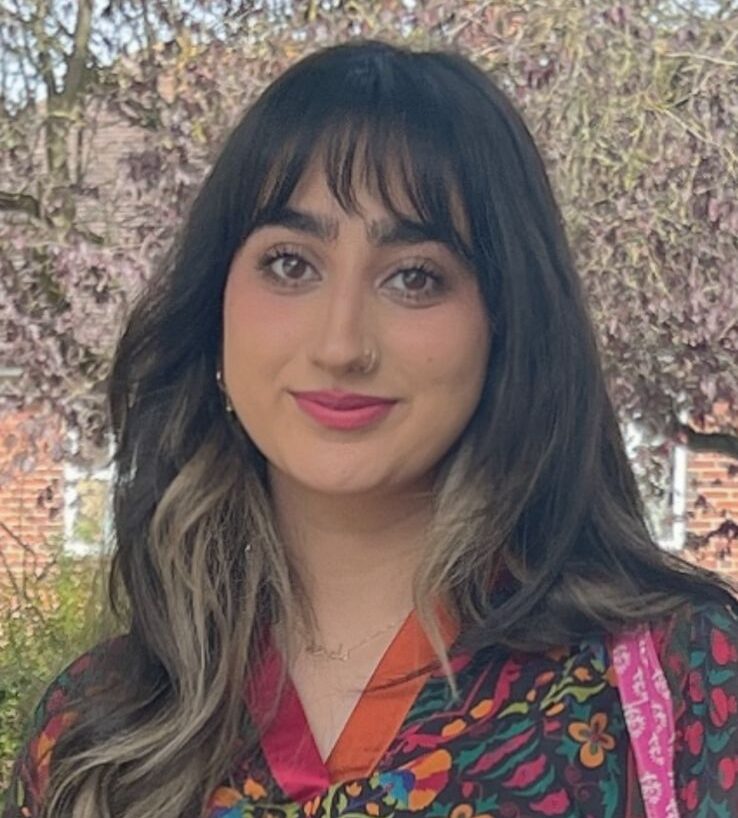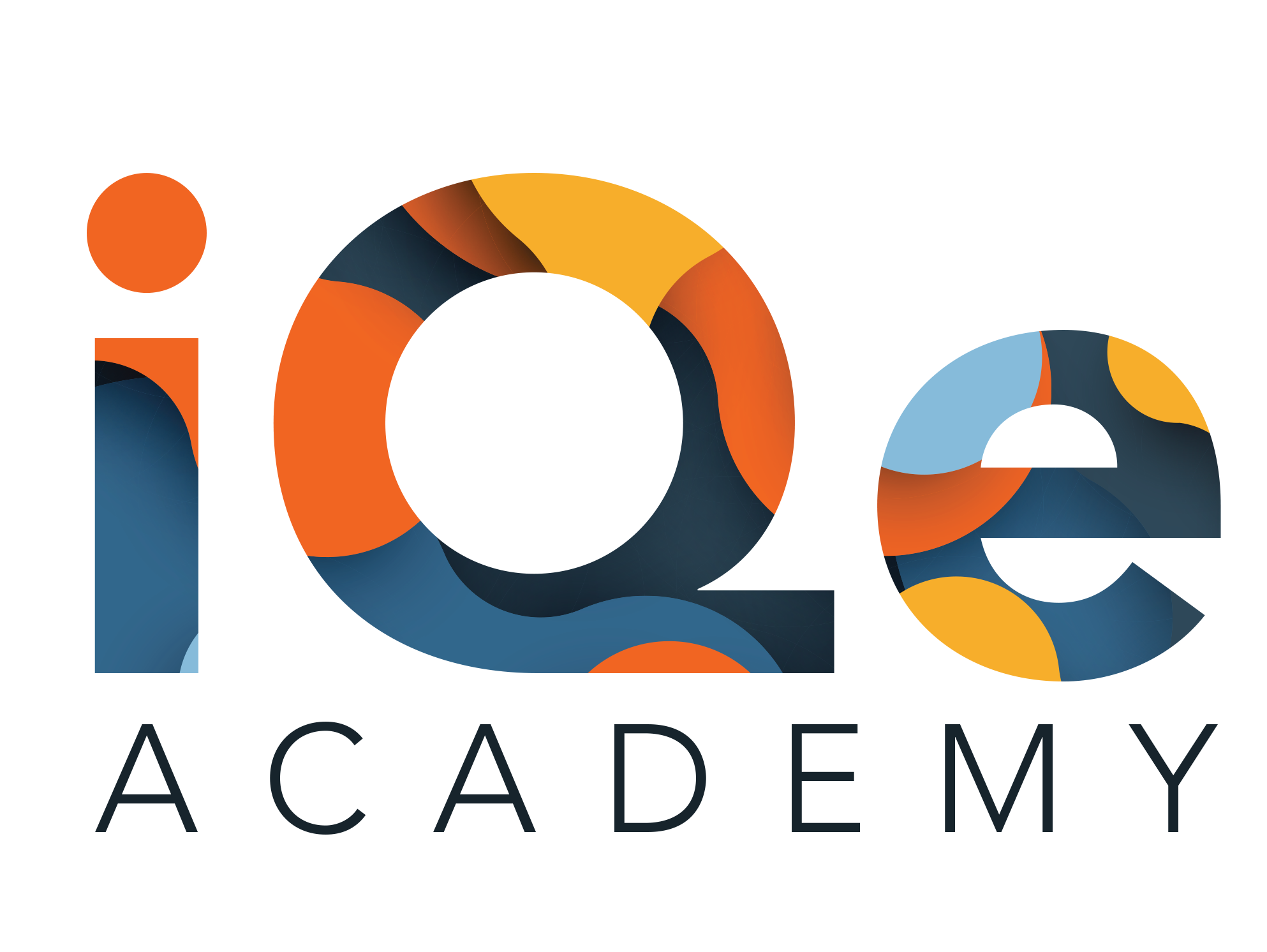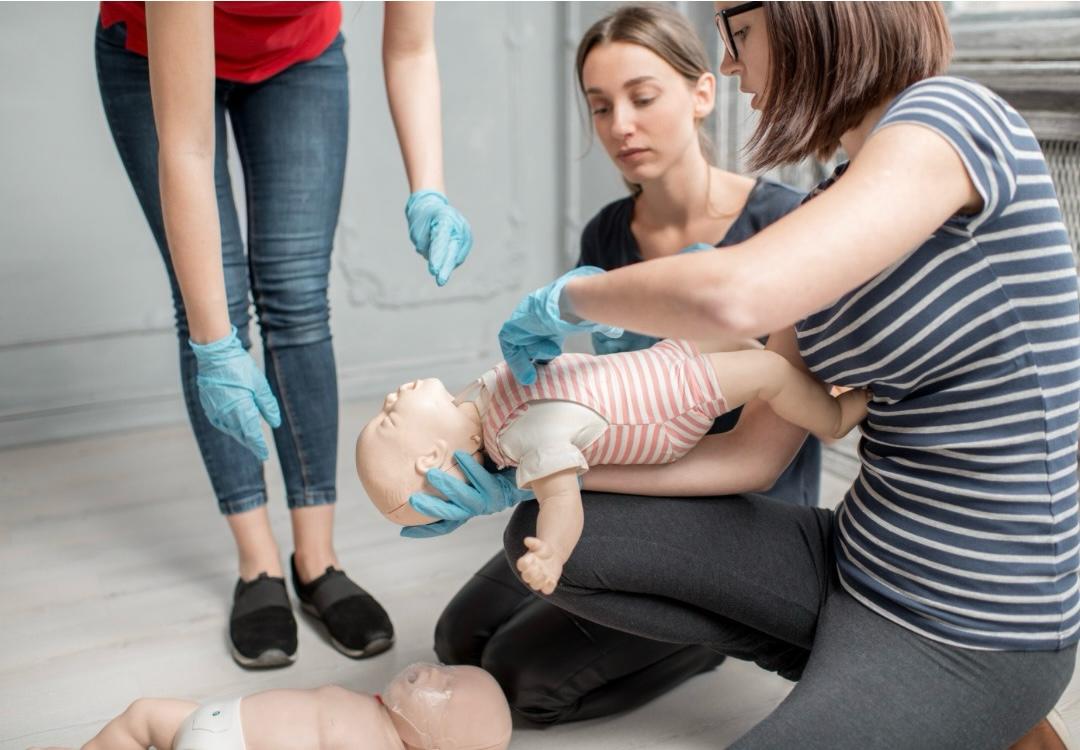Breast cancer awareness is crucial for promoting early detection and supporting those affected by the illness. October, recognised as Breast Cancer Awareness Month, serves as a key opportunity to enhance these efforts, particularly within educational communities. To underscore the importance of raising awareness and dispelling common myths, I spoke with Dr Rabbia Khan, an experienced Consultant Breast Surgeon at Mediclinic.
With over a decade of experience in Dubai, Dr Khan is a Fellow of the American College of Surgeons and a member of the Royal College of Surgeons, known for her specialisation in breast cancer surgeries and cosmetic procedures. She actively contributes to her community by volunteering at Pakistan Medical Centre, ensuring underprivileged women receive necessary care.
Breast Cancer Awareness and Education
Breast cancer awareness has evolved significantly in recent years, yet it remains a critical issue for women who struggle to prioritise their health amid work and family responsibilities. Dr Khan emphasises the role of educators in spreading vital information.
“Working women forget about their own health. Even if they feel something [wrong], they don’t have time for themselves,” she explains. Teachers, as role models, can help shift this mindset.
Despite growing conversations about breast cancer, many women still have a limited understanding of the disease. Dr Khan believes teachers can bridge this gap by initiating community conversations. “Breast cancer should not be taken as a death sentence,” she stresses. “If it is picked up early, it is curable.”
Myths surrounding breast cancer can prevent women from seeking help or recognising early signs. Dr Khan regularly encounters misconceptions, such as the belief that deodorants cause breast cancer. “There is no such medical evidence,” she notes, warning that such myths detract from real risks.”
By addressing these misconceptions, Dr Khan underscores the importance of education and awareness campaigns in schools. Teachers can promote factual information and encourage early detection among their colleagues and students.
Early Detection and Prevention
Early detection of breast cancer significantly improves outcomes, with regular screenings being essential for catching the disease early. Dr Khan emphasises that many women are unaware of key early signs or may not experience symptoms, making proactive screenings crucial.
“The most common sign and symptom of breast cancer is nothing,” she shares, explaining that women with early-stage breast cancer often feel no lumps or notice changes. This underscores the need for routine screenings to detect cancer before symptoms arise.
Dr Khan stresses the importance of regular mammograms, especially for women over 40. “For the general population, they need to start [screenings] from the age of 40 and repeat it every year,” she advises. For those with a family history of breast or ovarian cancer, she recommends starting screenings around age 25 using ultrasounds and MRIs.
She also outlines lifestyle changes to reduce breast cancer risk. “A healthy lifestyle is the key,” she states, encouraging exercise, a balanced diet, and maintaining an ideal body weight while reducing alcohol and avoiding nicotine. Though some risk factors, such as family history, are unchangeable, healthier habits can lower overall risk.
Support and Resouces for Teachers
A breast cancer diagnosis is overwhelming, not just for the individual but also for their workplace. Schools and educational institutions play a crucial role in supporting affected staff. Dr Khan emphasises the need for compassion and flexibility from employers during this challenging time.
“Once a woman is diagnosed with breast cancer, it is a shock for them,” she explains, noting that many worry about job security and medical expenses. While “the majority of the time, employers are quite supportive,” some individuals may lose their jobs and health insurance, adding stress to an already difficult situation.
Dr Khan stresses the importance of workplace flexibility during treatment, as chemotherapy and surgery can disrupt regular work schedules, she suggests options like light duties, remote work, or extended sick leave. “If she needs extra days off from sick leave… employees need to be understanding,” she urges.
Peer support is also vital; teachers often find solace in their colleagues’ understanding. Dr Khan emphasises to those newly diagnosed with breast cancer, “It is not the end of the world.” she reassures women that they are not alone, highlighting that many have overcome similar challenges.
With support from employers and communities, women diagnosed with breast cancer can lead fulfilling professional lives while managing their treatment.
Impact on the Community
Teachers are in a unique position to influence breast cancer awareness within their communities. Dr Khan believes educators can play a vital role by integrating discussions about breast cancer into their lessons, helping to normalise the conversation and encourage early detection.
“It’s important for boys to know about breast cancer,” she explains, highlighting that awareness isn’t just for girls. Boys have mothers, sisters, and grandmothers, and should be educated about breast health. Dr Khan suggests introducing breast cancer awareness to secondary students, who can act as advocates at home. She notes that many of her patients have been encouraged to get screened by their children.
Teachers, as role models, can inspire students to take action. “They [students] admire their teachers,” Dr Khan says, encouraging them to ask family members about mammograms, breaking the silence surrounding the disease.
Additionally, Dr Khan recommends that schools implement programs to promote breast health among staff. “The whole month of October should be a reminder for everyone to get themselves checked,” she advises. Schools can organise awareness campaigns and provide resources on screenings, fostering an environment where staff feel comfortable discussing their health.
By advocating for open conversations about breast health, schools can create a culture of awareness that extends beyond Breast Cancer Awareness Month.
Final Thoughts
As Breast Cancer Awareness Month highlights prevention and support, Dr Khan urges that awareness should extend beyond just one month.
“Everyone talks about breast cancer in October, and then we forget about it. But it’s something that should continue throughout the year,” she emphasised. Regular self-examinations are crucial, as knowing your breast health helps in detecting changes early. “It costs you nothing. If you feel your breasts regularly, you will know your breasts,” she explains.
Dr Khan warns against complacency, noting that many breast cancers are painless and may go undetected. Her message to teachers and the community is to stay vigilant and prioritise health.
“Forget about the misconceptions and myths. Screening is important, mammograms are safe, and you will only be able to pick it [breast cancer diagnosis] up early if you have regular checkups,” she concludes.
Dr Khan’s insights stress the importance of continuous awareness and proactive health management. By promoting regular screenings and open conversations, educators and communities can save lives.
Take charge of your health today – schedule a mammogram and encourage others to do the same. Awareness starts with you.
[Contact 8002023 to reach and schedule an appointment.]

Writer




